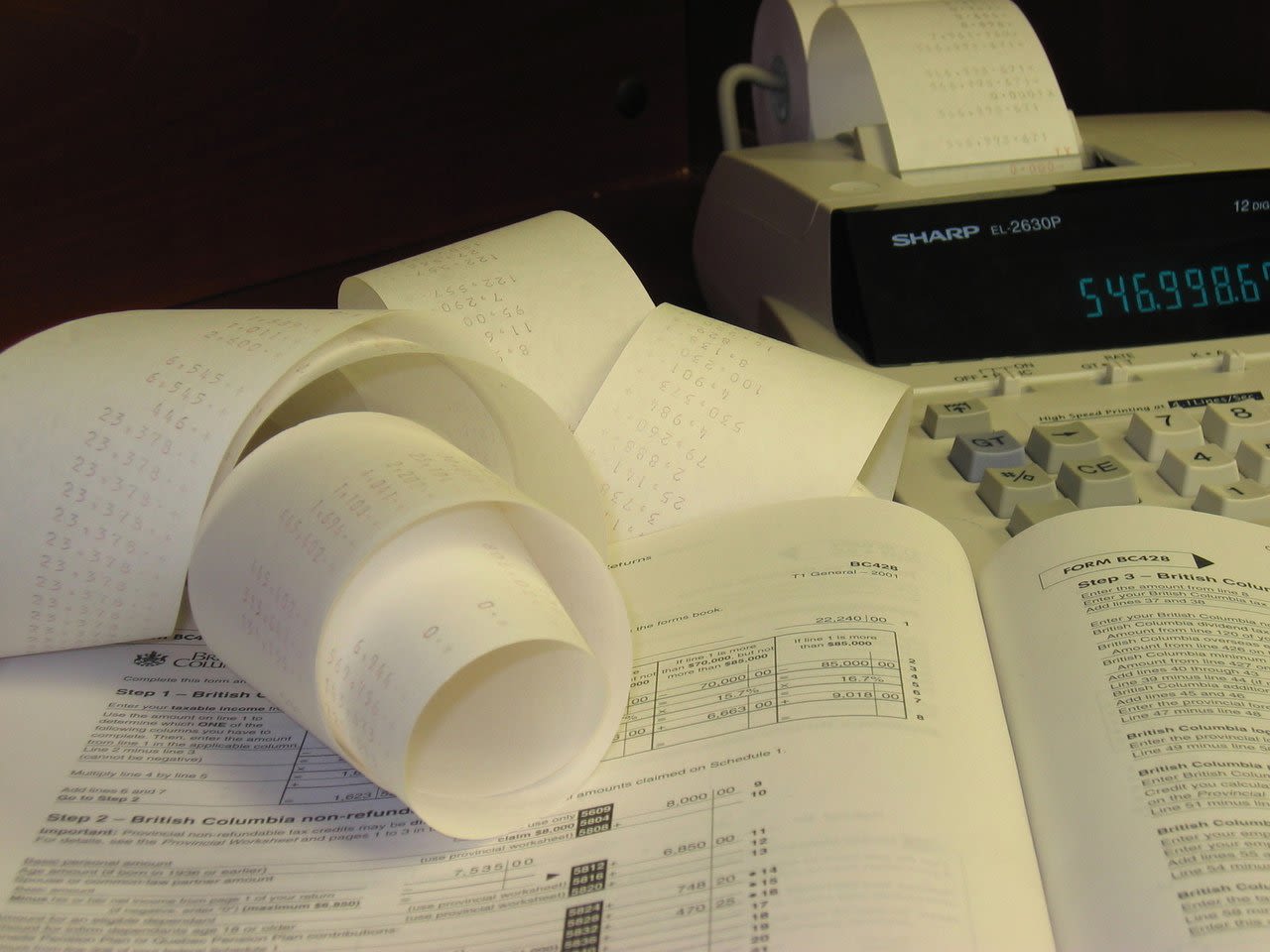
TAX CONSEQUENCES OF BARTERING FOR BUSINESSES
As the current economic climate makes obtaining credit a challenge, some innovative businesses are opting to hold on to more of their cash by bartering, rather than buying and selling, certain goods and services. Bartering can be a great way to improve productivity and efficiency, while forging new business relationships and attracting new customers. But bartering is not a loophole to avoid paying taxes. The IRS expects businesses to report the fair market value of any goods or services received on their tax return. According to the IRS, barter dollars or exchange dollars are identical to real dollars for tax reporting purposes.
Bartering can be particularly attractive to businesses that are short of cash. For some types of businesses, bartering may also provide a channel for shedding excess inventory, while acquiring something more valuable than the cash they would have earned by liquidating these “non-performing assets.” And, by offering their goods or services as a trade during slack times when fewer paying customers are lining up, companies may be able to continue to make “sales” that are reimbursed with trade credits.
For businesses interested in bartering, there are a number of ways to get started. Companies can approach existing customers or suppliers directly to discuss what types of trades could be mutually beneficial. Local trade organizations also offer networking opportunities for businesses looking to barter, while supporting enterprises in their community.
To expand their opportunities for bartering, many businesses join exchange groups. Some of these exchanges have hundreds or even thousands of members, often in a diverse range of industries. Members can take advantage of these exchanges by offering their goods and services to other members. But, instead of getting something in return directly from the recipient, the member business earns trade credits that may be used to obtain property or services from yet another member. By using an exchange, members can more easily access the goods and services they want, without having to find a company with needs that complement their own.
Business owners who enter into barter relationships should be sure to formalize any barter agreements. Even if no actual cash changes hands, trading partners should draw up a contact specifying exactly what is being bartered and assign a monetary value to all trades. Records should be kept of all bartering transactions. This is not only helpful in avoiding misunderstandings about the amount of goods or level of services that are being traded between the bartering partners themselves, but it is also necessary for tax purposes.
With only minor exceptions, the IRS requires both parties engaged in commercial bartering to report these transactions as income in the year in which the goods or services were received. Generally, this type of business income is reported on Form 1040, Schedule C, “Profit or Loss from Business.” Moreover, companies that receive income from bartering may be required to make estimated tax payments based on the proceeds. Businesses that use barter exchanges should receive a Form 1099-B, “Proceeds from Broker or Barter Exchange Transactions.” This form will show a sum that represents the firm’s barter transaction proceeds, which must be reported as income. For certain transactions, businesses may also owe capital gains, excise, employment, or self-employment taxes.
Businesses are permitted to deduct the costs incurred in performing the bartered work or the delivery costs for an item that was traded. Companies involved in bartering may also be able to deduct the value of goods acquired or services rendered that are considered normal business expenses, such as maintenance work that the company would otherwise pay for in cash. Businesses may also qualify to claim a capital loss on some bartering transactions.
Bartering may turn out to be a great way to improve productivity and efficiency for some businesses. For more information on the tax consequences of bartering, contact your tax professionals.